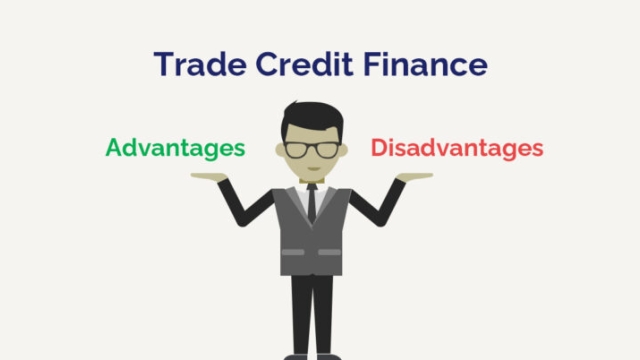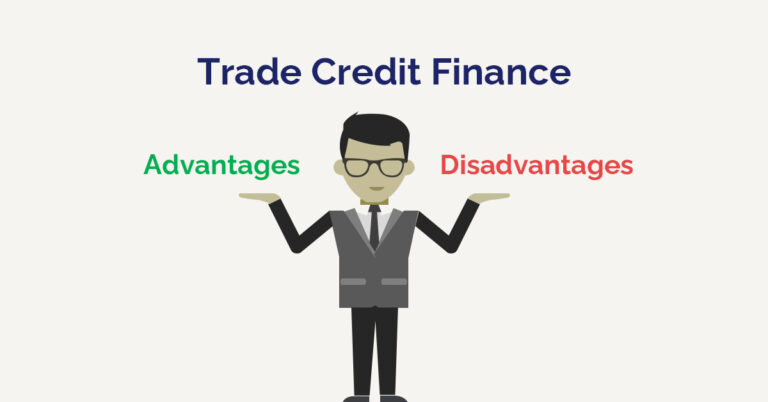
The Art of Successful Trading: Mastering the Financial Markets
Welcome to the world of online trading, where the financial markets are at your fingertips. In this modern age, trading has evolved from physical exchanges to digital platforms that offer convenience, accessibility, and endless possibilities. But how exactly does online trading work, and how can one navigate through the complexities of the financial markets? In this article, we will explore the art of successful trading, delving into the strategies, tools, and mindsets required to master the ever-changing landscape of finance. Whether you are a seasoned investor or a curious beginner, join us as we uncover the secrets to thrive in the world of online trading.
Understanding Online Trading
Online trading is the process of buying and selling financial instruments, such as stocks, bonds, or commodities, through the internet. It has revolutionized the way people invest and trade in the financial markets, providing convenient access to a wide range of assets from the comfort of one’s own home or office.

To engage in online trading, individuals first need to open an account with an online brokerage firm. These firms act as intermediaries, facilitating the buying and selling of financial assets on behalf of their clients. Once an account is set up, traders can access the brokerage’s online trading platform, which provides real-time market data, research tools, and advanced order types to assist in making trading decisions.
Online trading works by connecting traders to various financial markets, such as stock exchanges, commodities markets, or foreign exchange markets, through the brokerage’s platform. Through this platform, traders can place orders to buy or sell specific assets at desired prices. These orders are then executed electronically, matching buyers with sellers and vice versa.
The online trading process also involves understanding key concepts like bid and ask prices, order types (such as market orders or limit orders), and the role of market makers or liquidity providers. It is crucial for traders to stay informed about market trends, economic news, and company announcements that may impact the value of the assets they are trading. Being aware of these factors can help traders make more informed decisions and manage their investment risk effectively.
In summary, online trading has opened up new opportunities for individuals to participate in the financial markets. By leveraging the power of the internet and utilizing online brokerage services, traders can access a vast array of assets and execute trades with speed and efficiency. However, it is important to recognize that online trading carries its own risks, and traders should always exercise caution and conduct proper research before making investment decisions.
Key Components of Online Trading
In the world of trading finance online, successful traders are able to navigate the intricacies of the financial markets from the comfort of their own screens. Understanding how online trading works is essential to master this art. Let’s explore the key components that make online trading possible.
-
Trading Platforms:
The foundation of online trading lies in trading platforms. These software applications provide traders with access to real-time market data, tools for analysis, and execution of trades. Platforms typically offer various features such as customizable charts, technical indicators, and order types. Through these platforms, traders can monitor market conditions, make informed decisions, and trade instantly with just a few clicks. -
Brokerage Accounts:
To participate in online trading, traders need to open brokerage accounts. These accounts serve as an interface between traders and financial markets. Brokerage firms provide access to a wide range of financial instruments such as stocks, bonds, commodities, and currencies. Traders deposit funds into their accounts, which they can then use to place trades. Brokerages also offer services like research and education to help traders make informed decisions. -
Market Access:
Online trading allows traders to access markets from around the globe. Rather than being limited to a specific physical location, traders can buy and sell financial instruments on various exchanges, including stock exchanges, forex markets, and commodity exchanges. Online trading connects traders to these markets electronically, providing them with the opportunity to seize profitable opportunities and manage their positions in real-time.
Mastering the art of online trading requires a deep understanding of these key components. By leveraging trading platforms, utilizing brokerage accounts, and accessing global markets, traders can navigate the financial landscape with confidence and increase their chances of successful trading.
Tips for Successful Online Trading
-
Stay Informed: Keeping up-to-date with the latest news and trends in the financial markets is crucial for successful online trading. Take advantage of the vast amount of information available online through news websites, financial blogs, and social media platforms. By staying informed, you can make more informed trading decisions and adapt to market conditions effectively.
-
Develop a Trading Plan: Before jumping into online trading, it’s important to have a well-defined trading plan. This plan should outline your financial goals, risk tolerance, and the strategies you will use to achieve them. Having a clear plan in place will help you stay focused and disciplined when making trading decisions, reducing the chances of impulsive or emotional trades.
-
Practice Risk Management: Managing risk is an essential aspect of online trading. Always set stop-loss orders to limit potential losses and consider using leverage wisely. Additionally, diversify your portfolio by investing in different assets across various markets. This way, if one trade doesn’t go as planned, you won’t be overly exposed to a single investment.
Remember, online trading can be highly volatile, so it’s important to approach it with a calm and rational mindset. By following these tips, you’ll be on your way to mastering the art of successful online trading and navigating the financial markets with confidence.



